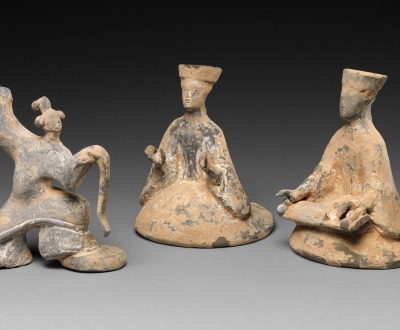Miscellany
The Communist Party of China considered “revolution in mind” a prerequisite for political emancipation in the 1940s. Work reports tell of “speaking bitterness” sessions—in which peasants would share stories of their oppression—sometimes referred to as “turn-over-mind meetings.” The meetups later served as inspiration for feminist consciousness-raising groups in the United States during the 1970s.

